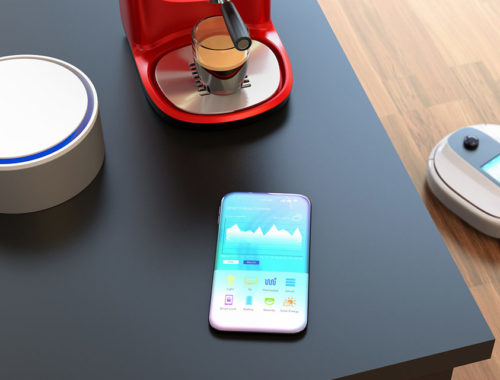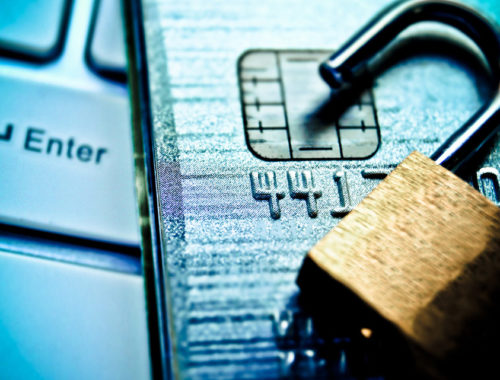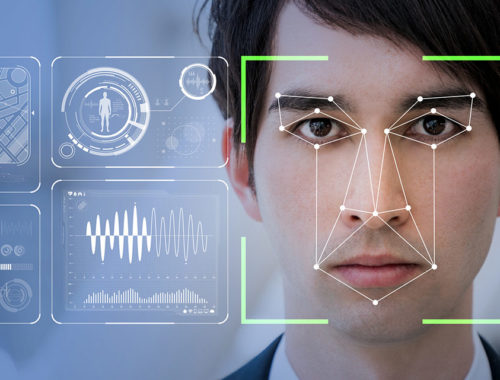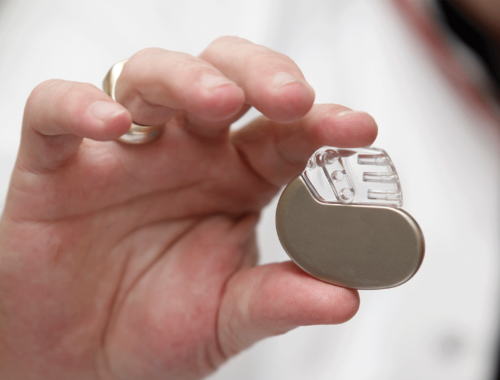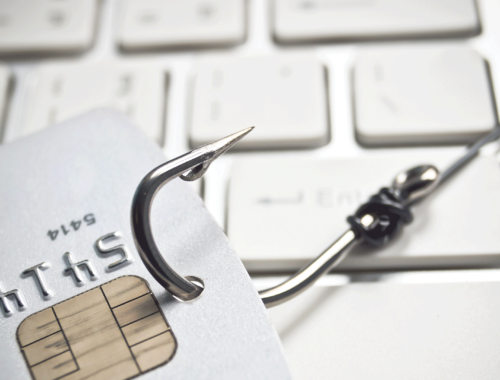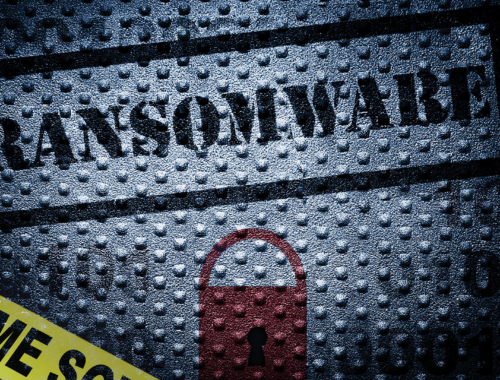Has your computer been acting strangely? If your computer is working at a crawl, you are getting odd error messages and the cooling fan runs even when the machine appears to be idle, it may be part of a botnet. A botnet (or robot network) is a group of computers…
Many implanted medical devices, such as pacemakers and insulin pumps, now feature wireless connectivity and remote monitoring, enabling health professionals to monitor and adjust the devices unobtrusively. However, as is the case with other Internet of Things (IoT) devices, they can also be discovered and compromised by hackers. Pacemakers and…
A massive DDoS attack in October 2016 that blocked access to many popular websites, including Twitter, Spotify, Netflix, Amazon, Tumblr, Reddit, PayPal and others, used home devices connected to the Internet of Things (IoT) to carry out the attack. As Forbes defines the IoT, “Simply put, this is the concept of basically connecting any…
The Federal Trade Commission says that if you have a credit report, there’s a good chance you’re one of the 143 million American consumers whose personal information was exposed in a data breach at Equifax, one of the nation’s three major credit reporting agencies. The hackers got information including names,…
Many law enforcement agencies at all levels of government have begun using facial recognition to identify possible lawbreakers. The state of New York claims that using the technology on its database of driver’s license photos has led to the arrest of 4,000 persons for identity theft or fraud. A statement…
Do you ever get the urge to escape from the internet and make yourself invisible? Due to the amount of public information online, completely removing yourself is probably impossible. However, you can reduce your exposure and make yourself much less visible online. Do you want to make yourself invisible online?…
If your child spends most of their free time alone with their computer, seems to know more than they should about other family members, has multiple accounts you cannot access and their computer is full of encrypted files, they may be a talented computer whiz kid with a bright future…
Hacking group The Shadow Brokers has leaked more than a gigabyte worth of weaponized software exploits stolen from the United States National Security Agency (NSA). This toolkit gives anyone, even those without sophisticated technical knowledge, the technology to potentially compromise systems around the world. The Shadow Brokers had attempted to…
Anyone who watches police procedurals on television is aware that law enforcement often uses data from cell phones and electronic toll tags to verify a suspect’s movements and actions. With the advent of smart devices there is much more data available, and law enforcement is using it to help identify…
In a typical phishing attack, users are tricked into keying in their passwords or other sensitive data on fake websites. However, the recent Google Docs phishing scam used OAuth, meaning that users didn’t have to enter any information to give the bad guys access to their email accounts. What is…
The letter seems to promise good news. It says the state is holding money that belongs to you, and all you have to do to claim it is send your personal information or pay a fee. Although it appears to be legitimate, the letter may be from fraudsters looking to…
“We are tracking our children’s every move, and they can feel it,” says lawyer and educator Elizabeth Small in the Washington Post. Small’s concern is that children do not have a space that is private, where every moment of their lives is not monitored and shared by parents, teachers and…
Ransomware is malicious software that blocks access to files on a device or a network until a cash ransom is paid. It can happen to any system in an instant, and both businesses and consumers have been attacked. In this interview, we discuss what ransomware is and how it gets…
Social media is helpful for keeping up with friends and family members, but it is also useful for scammers who want to take advantage of our friends and family members. The way this type of scam typically works is that the bad guy sets up a profile using a real…



